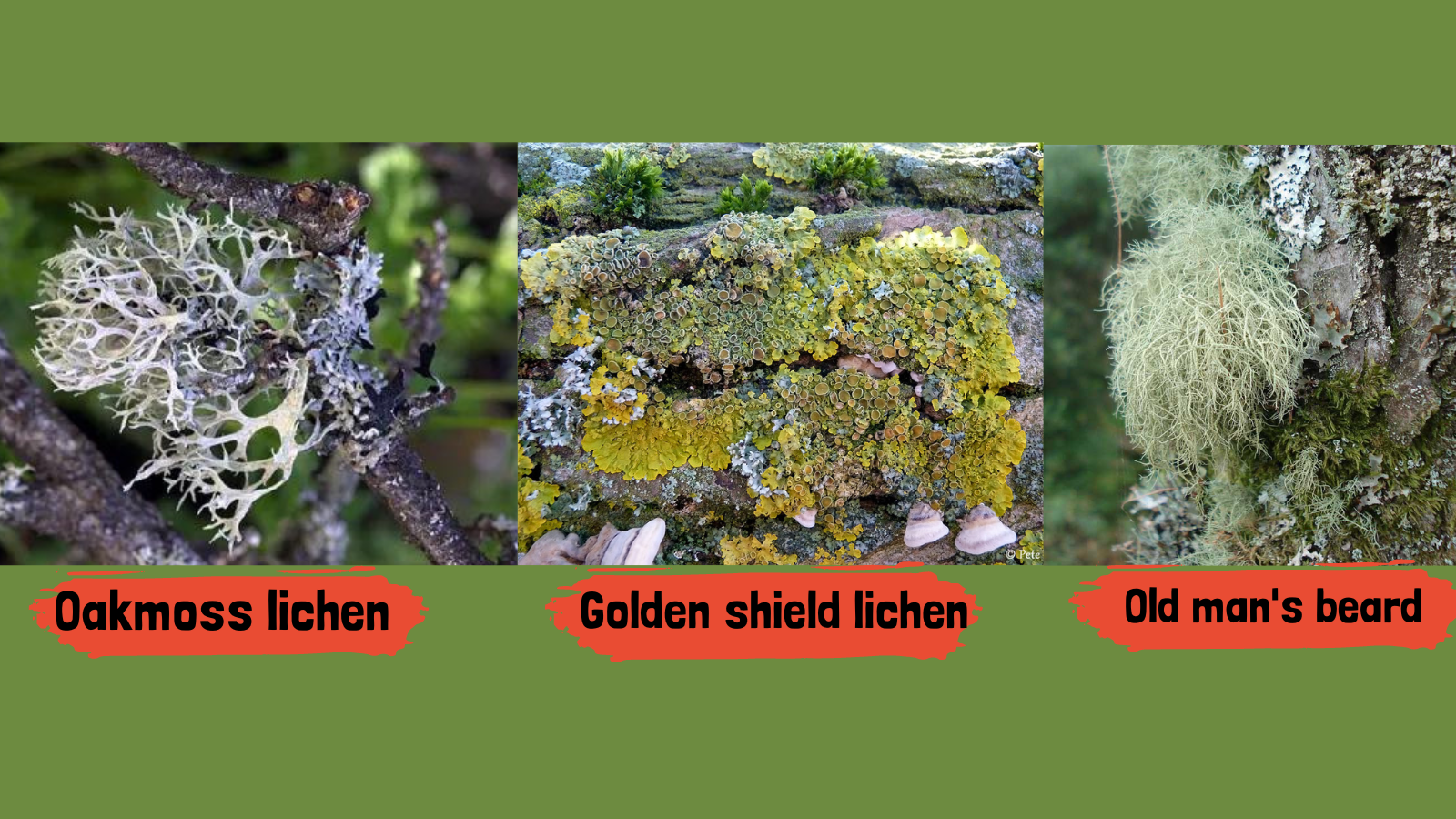Make a DIY air testing kit
This air sensor will help you see what you’re breathing in without needing a microscope!
What you need:
- Something heavy like a big stone or rock
- Clingfilm
- Vaseline or petroleum jelly
- White paper
- Check the weather forecast – this won’t work if it rains!
Method:
- Get your child to cover the stone in a layer of cling film
- Tell your child to smear one side of the plastic covered rock in Vaseline or petroleum jelly. This will help the particles stick!
- Together, find somewhere outside to place the rock where it won’t get moved. Fence posts or low walls are better than the ground
- After 24 hours carefully remove the cling film and place it on top of your piece of paper
- Inspect the plastic and tell your child to write a list of the things they can see, describing them as best as they can
Top tip!
Make more than one air testing kit and put them in different locations to compare air quality. Try putting one near a busy road and another where there’s more green space.
Looking at lichens
Lichens are miniature ecosystems made of fungus (you might know them better as moss) and they tell us a lot about air quality. Use the key below and help your child make a note of all the lichens they can find outside. Once they're done tell them to write down what you think this tells them about the air quality.
If you find any other types of lichen then check out the Woodland Trust website to find out what they are.

Oakmoss lichen
This beardy lichen is sensitive and doesn’t like nitrogen. It’s usually found in places where the air is clean
Golden shield lichen
This crusty lichen is tolerant of air pollution and it loves nitrogen! Nitrogen is burned by car engines and can harm our health.
Old man's beard
This furry tentacle looking lichen can grow several feet long. It’s usually found on tree branches and only appears in places where no coal has been burnt




